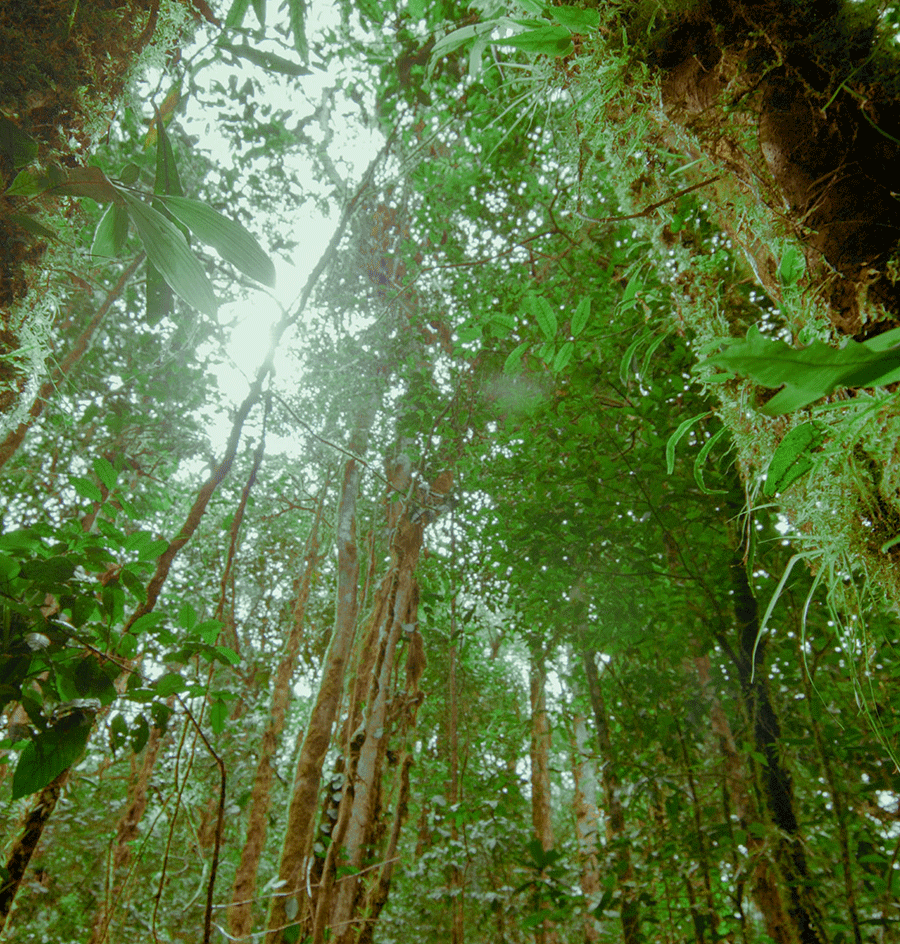Rights of Nature Campaign
Rights of Nature Campaign
History will remember December 1, 2021, as the day that nature won. On that date, the Constitutional Court of Ecuador, the highest court in the nation, chose to uphold the landmark Rights of Nature provisions in Ecuador’s constitution, safeguarding the Los Cedros forest from the threat of mining. Mining within the protective forest was prohibited outright, and the environmental and water permits of the companies involved were nullified; strict provisions for ecological and community management in the forest were mandated as well as guidelines and requirements to respect and implement the right to environmental consultation that all Ecuadorians have. The ruling was unprecedented: no other court anywhere in the world had ever gone so far to recognize the rights of non-human organisms. The effects of this decision will be felt both in Ecuador and around the world for years to come.
The decision to protect Los Cedros was the culmination of a years-long legal battle between the defenders of this endangered ecosystem and mining companies, including segments of the Ecuadorian government promoting mining development. The ruling set a precedent for the application of Ecuador’s Rights of Nature provisions, with effects rippling outward to other forests around the nation, as well as the world. The significance of the case rests with the unique legal argument that won in court: rather than assuming nature to be an object to be regulated and controlled, Ecuador’s constitution grants rights to life forms other than humanity, including entire ecosystems – additionally, the sentence clearly stated that Rights of Nature are not limited to protected forest. The successful use of those rights to defend an ecosystem like Los Cedros sets a powerful precedent for the future, often called “Earth jurisprudence”.
Los Cedros needs your help
The mining sector is one of the most powerful and ambitious in the world. Despite the ruling that prohibits mining in Los Cedros, the companies maintain pressure on the communities and authorities, with the aim of invading the forest, destroying the institutional framework and giving way to mining in the medium term.
It is very important to raise awareness and sensitize the population, generate economic alternatives, train forest rangers and local naturalist guides. It is also important to improve infrastructure and promote nature and scientific tourism so that we can address this serious threat. We have a strategic alliance with the Corporation for Research and Protection of the Tropical Andes Forests – CIPBAT, an organization created by the Research Station and local and national partners to manage projects and administer funds.









